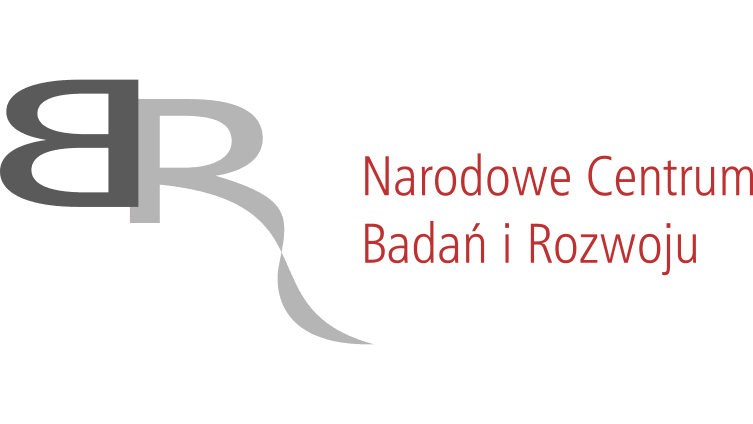As Unmanned Aircraft Systems become increasingly prevalent in civilian airspace, ensuring their safe integration and effective monitoring is crucial. Aerobits – a specialized developer of miniature avionic systems for drones – has been at the forefront of advancing drone tracking and identification technologies. Among its innovative product lineup, the DRS-1 ground station, the idMEbatt Remote ID device, and the trkME tracker stand out as critical elements for enabling reliable identification, localization, and tracking of drones for modern airspace management. The trkME series is designed to meet the evolving needs of UAS operations across various sectors including commercial drone services, emergency response, and recreational flying.
These trackers provide essential tools for:
The trkME modules integrate multiple RF systems into a single Plug-and-Play unit, combining ADS-B reception and transmission, FLARM transceiver functionality, BLE/Wi-Fi Remote ID transmissions, and a multi-constellation GNSS sensor.
In contrast, there is a fully standalone Remote ID transmitter from Aerobits – idMEbatt. It’s an ultra-compact, battery-equipped system designed specifically for drone platforms requiring Remote Identification compliance. This tiny powerhouse delivers over two hours of reliable power!
Built for easy Plug-and-Play with USB-C connectivity, it meets ASTM and ASD-STAN standards. Lightweight, efficient, and compliant – idMEbatt is a sleek solution enhancing safe drone operations in controlled airspaces and law enforcement scenarios.
Beyond mere detection, the DRS-1 system is a key component of a broader infrastructure supporting the development of U-Space and UTM ecosystems, which enable autonomous, high-density drone operations in complex, non-segregated airspace.
By providing reliable data feeds, the DRS-1 enhances situational awareness for air traffic controllers and ground operators, facilitating effective fleet management and improving overall operational safety.
These are the key features that position the DRS-1 as a versatile and user-friendly receiver station, ideally suited for the evolving needs of unmanned and manned airspace monitoring.
Key features of the DRS-1 receiver station:
As regulations continue to evolve and airspace becomes increasingly crowded, the technologies mentioned above will play a crucial role in ensuring safe and responsible drone operations.
Aerobits’ ecosystem also includes complementary solutions that can be integrated with these tracking systems to meet diverse regulatory requirements worldwide. This synergy between devices creates an end-to-end pathway for drone identification – from the aircraft itself to ground monitoring stations.
Ultimately, Aerobits solutions represent advanced capabilities in UAV tracking and identification. Through multi-technology integration, compliance with emerging standards, and innovative use of RF technologies, these solutions significantly enhance the safety, efficiency, and regulatory compliance of unmanned aerial operations globally.

Business Development Manager
KRS: 0000673815
REGON: 366941733
VAT (NIP): 8513207041
Share capital: 5900 PLN
AEROBITS Sp. z o.o. wpisana do Krajowego Rejestru Sądowego w SĄDZIE REJONOWYM SZCZECIN-CENTRUM W SZCZECINIE
XIII WYDZIAŁ GOSPODARCZY KRAJOWEGO REJESTRU SĄDOWEGO
AEROBITS Sp. z o.o.
ul. Przestrzenna 11
70-800 Szczecin
Poland
Telephone:
+48 500 501 305
Email:
General inquiries
info@aerobits.pl
Technical inquiries
support@aerobits.pl
Sales inquiries
sales@aerobits.pl
Copyright ©Aerobits 2017-2024








AEROBITS Spółka z ograniczoną odpowiedzialnością informuje, że od dnia 01.02.2024 r. do 31.03.2026 r. realizuje projekt nr FEPZ.01.01-IZ.00-0015/24 pn. „Systemy infrastruktury naziemnej do dozorowania załogowego i bezzałogowego ruchu lotniczego”. Celem projektu jest opracowanie dwóch systemów identyfikacji i dozorowania załogowych i bezzałogowych statków powietrznych znajdujących się w przestrzeni powietrznej. Czytaj więcej na temat projektu.
Projekt i wykonanie: SurmaCreation